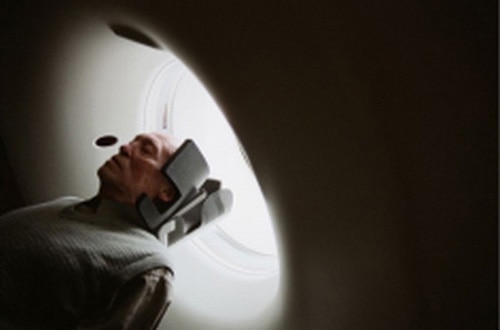

His delicate film „Existence” drew an eye-catching and in-depth outline of Jerzy Nowak’s real life. Nowak is a distinguished 84 year old Polish actor who decided that after death, his body should be used for the benefit of science. This precious documentary follows Mr. Nowak as he makes this most personal and final decision and reveals his own dilemmas and thoughts about death.
Marcin Koszalka who is a graduate from the Kieslowski Faculty of Radio and Television at the

Prior to this, the Mumbai-based independent director Jain has won several international awards for her appreciating, under 60-minutes documentary „Lakshmi and me” in various festivals such as the 5th Golden Apricot Film Festival of Armenia, Bucharest 2008 International Film Festival, Planete Doc Film Festival of Warsaw and the 2008 International Women’s Film Festival of Dortmund.
The impressive film, narrates the story of an almost poor and miserable woman who works as a servant for her employer who is also another woman. Both of them have a relative friendly communication with together. But what makes the film so effective and eye-catching is the chain of unrelated and challenging accidents that happen for the „Lakshmi”.
The other prize for the best lengthy documentary went to a veteran filmmaker from
The last prize belonged to „Victor Asliuk” for the political documentary „Belarusian Waltz”. The documentary criticizes the tyranny and dictatorship in the political system of
In 1984, the German documentarist Klaus Wildenhahn produced a documentary film reviewing the life of Leacock and paying tribute to 45 years of his creative artistic efforts. That film was the first documentary produced about the featured verite director himself.
In the closing ceremony of Cinema Verite festival, the Iranian ministry of culture honored Master Leacock with the special trophy and reward for his sincere and intellectual struggles to improve the purity of cinema and refining the spiritual values of documentary filmmaking. Leacock went on the stage, helping not to shed tears and said with an excited, shaking voice: „This is the first time which I come to
The last event was a 4-hour visit of the
Kourosh Ziabari – Journalist
Persian Blog: http://kouroshz.blogfa.com
English Blog: http://cyberfaith.blogspot.com
